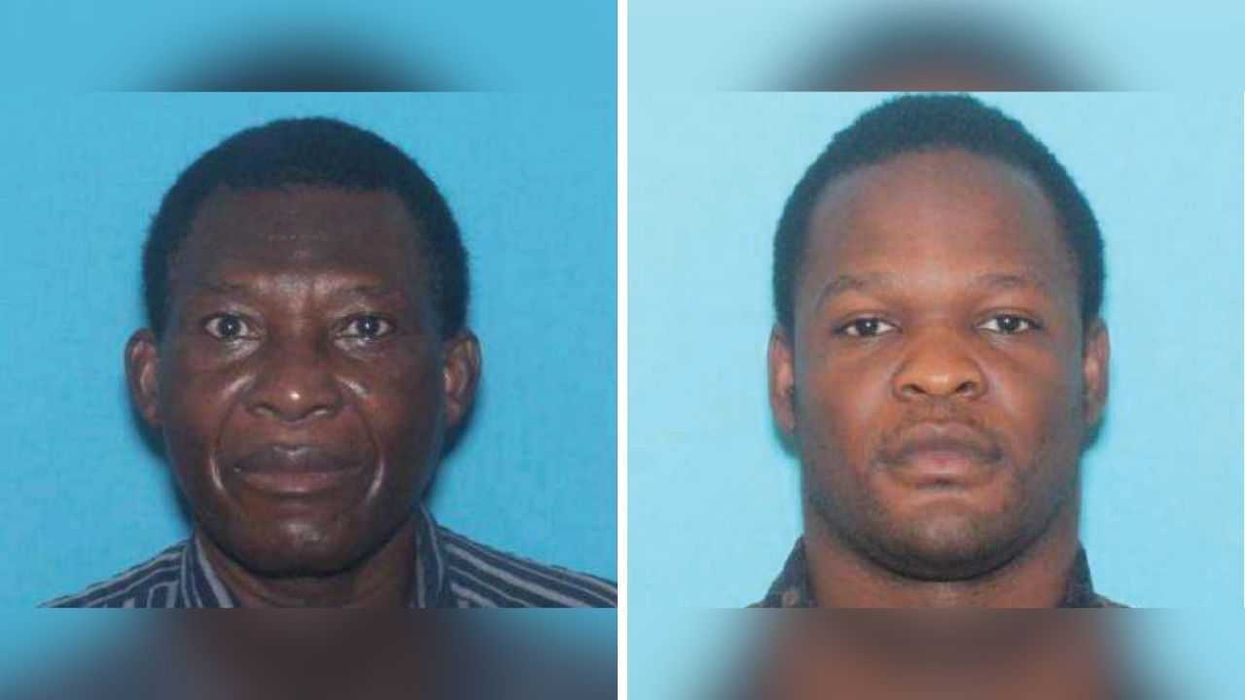The North Dakota House recently passed House Bill 1170 (HB 1170) that would restrict the law enforcement practice of civil asset forfeiture, which allows authorities to seize property from a citizen merely based off of suspicion that the property is being used for criminal purposes.
HB1170 would require a criminal conviction before prosecutors could push forward with seizure of property. It also prohibits proceeds from seizure going to law enforcement agencies, and instead will direct it to the general fund.
Furthermore, it stops local law enforcement from going to federal agencies to get around the more strict asset forfeiture laws under the "Equitable Sharing" program, which allows federal and local law enforcement to share in the spoils.
According to the Institute of Justice, North Dakota was one of the worst states in the nation when it came to asset forfeiture abuse.
Along with Massachusetts, North Dakota has the worst civil forfeiture laws in the country, scoring an F. In North Dakota, law enforcement only needs to meet the lowest possible standard of proof—probable cause—to forfeit property. And when property has been used for illegal activity without the owner’s knowledge, the burden is on the owner to prove her innocence in order to recover it. Finally, North Dakota law enforcement agents operate under a particularly dangerous financial incentive: Agencies receive up to 100 percent of forfeiture proceeds up to $200,000. If the government’s forfeiture fund exceeds $200,000 over any two-year budget period, the excess must be deposited in the general fund—encouraging law enforcement agencies to adopt a use-it-or-lose-it mentality.
With the introduction of HB1170, many of these avenues to abuse should close.
This is very similar to the bill introduced in Texas by Senator Konni Burton, which also restricts the use of asset forfeiture to use only in the case of criminal conviction, as well as prohibits law enforcement from taking part in the Equitable Sharing program.
While states continue to reexamine their asset forfeiture laws, President Donald Trump has spoken harsh words about legislators who wish to curb the practice, particularly about a lawmaker in Texas — presumably Burton — saying he would destroy this lawmaker's career. However, Sen Rand Paul (R-KY) believes that he can change Trump's mind on the practice.







